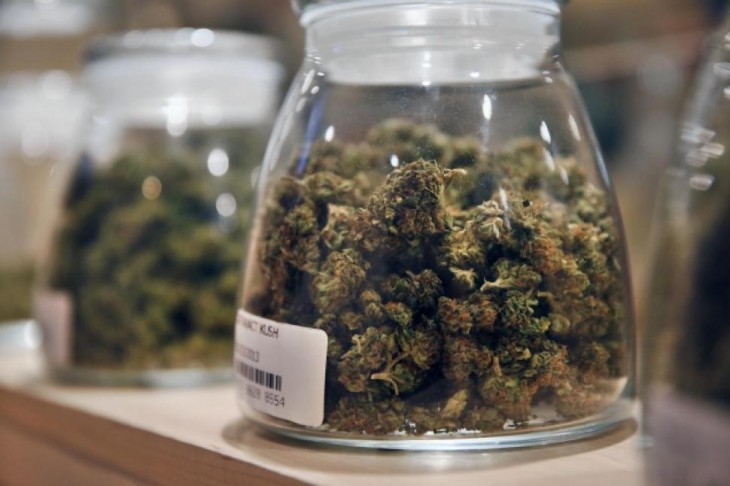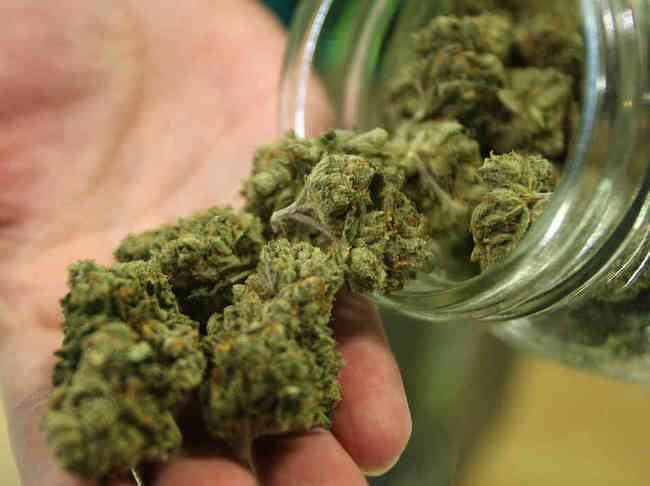Cannabis: Fables for Children
Last week, a small group of activists and writers met in Seattle for a little conference/brainstorming session. The topic was a controversial one: the possibility of writing a book for children that explains what marijuana is and what it does. “That’s just wrong”, some of you are probably already thinking. But, why exactly is this wrong? Apart from the fact that the idea of children as “less-than-adult”, innocent and vaguely unintelligent (or “not as intelligent as an adult”) is socially constructed and extremely problematic in its own terms, why should we exclude children from what’s happening in our society right now?
Here is the point around which the small meeting was organized.
In order to give a chance to our culture to move forward, forget about the “pot is only bad” brainwashing and actually learn something that goes beyond stereotypes and misconceptions, we certainly need to offer our children and our youngsters the opportunity to acquire the basic knowledge everyone needs to make an informed decision. In fact, if we wait until children reach their teenager-status what we will find is a group of people who has already been influenced by polluted media channels: some of them will be the rebels who smoke pot because it’s cool; others will avoid marijuana completely because it’s bad; and then you’ll have some kids who will be curious about it. What all these people will have in common? A huge lack of real information about the nature of the plant, its history, its effects and the fact that seeds and strains can be very different.
Cannabis doesn’t have to become some kind of mythical plant, which is too cool for school, or the incarnation of evil itself. In a culture where cannabis is legal, the plant should slowly become “normal”. However, there is no “normal” without knowledge, and there is no knowledge without learning. The idea of a book for children that focuses on cannabis is certainly revolutionary, and it certainly dances on the thin line between the progressive and the tabu. But this doesn’t mean we shouldn’t consider the possibility that our children would be better off knowing something about pot before entering a world where cannabis is either glorified or demonized. If the children are our future, and our future is legalization, we will have to talk about sharing some kind of unbiased information with our kids. Don’t you think?









